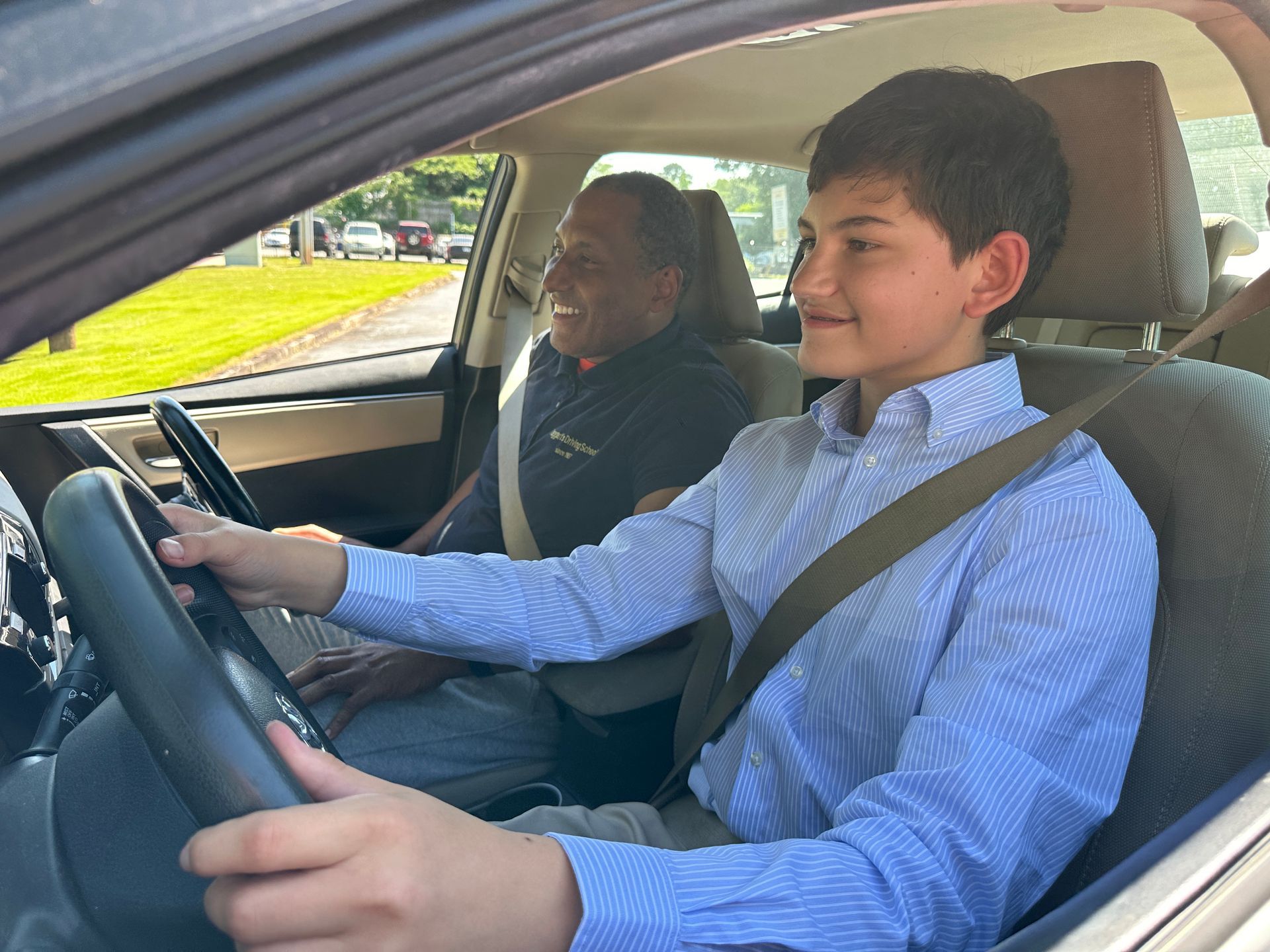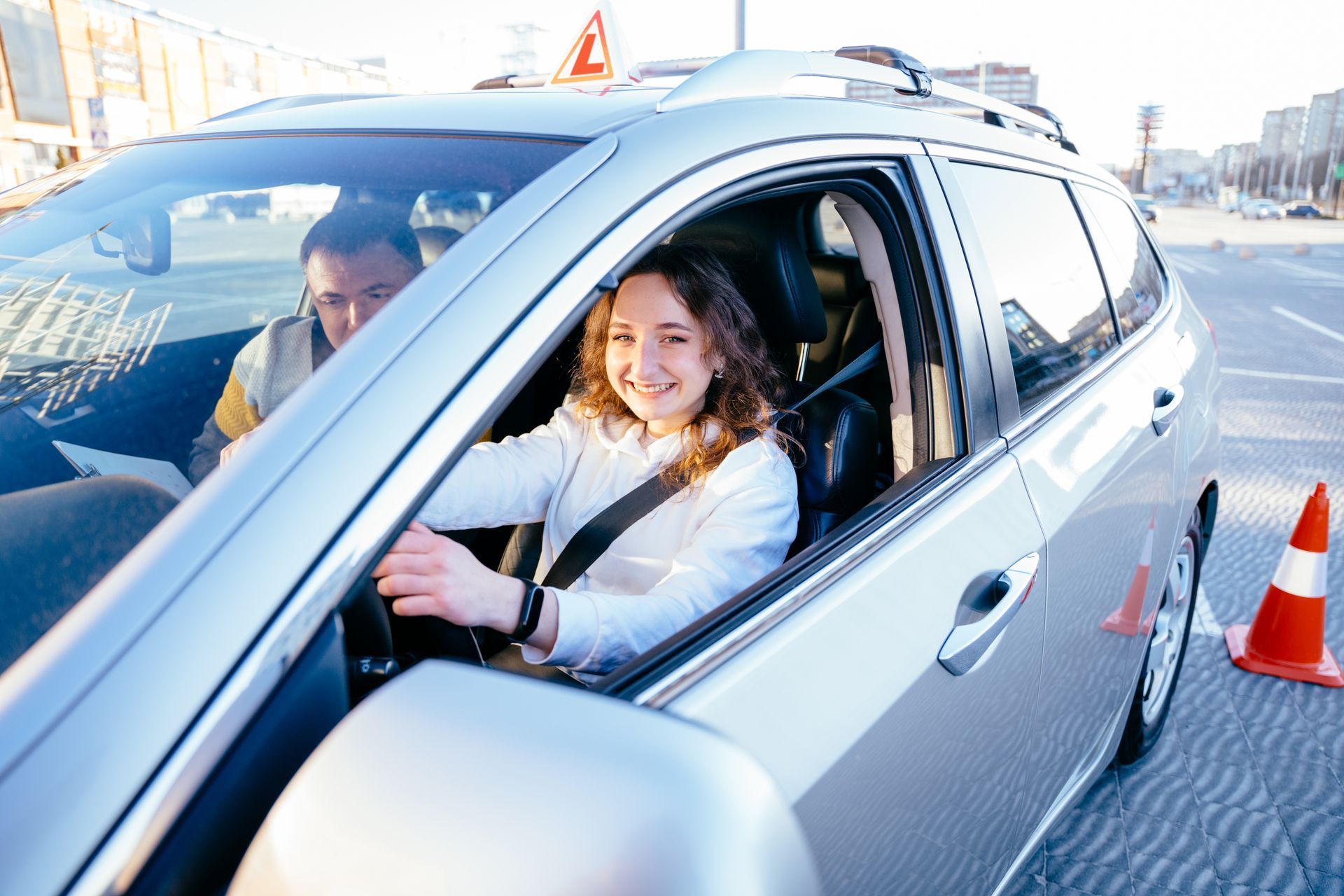Moving to a big city has many benefits. You will have more to see and do in a big city and possibly more job opportunities too. However, you might be nervous about dealing with the traffic. Driving in big cities like Atlanta is a lot different from driving in smaller towns, but these five tips will help you adjust.
1. Take a Driving Class
If you are an inexperienced driver, you might be particularly worried about driving in a bigger city. A driving class is a good way to make sure that your skills are up to par and to give yourself the confidence that you'll need to handle trickier driving situations.
Even if you have years of driving under your belt, you might still want to take a driving class when moving to a big city. This class can serve as a good refresher course to sharpen your skills and prepare you for driving in a busy and unfamiliar area.
2. Use Other Methods of Transportation
Unlike in many smaller cities and towns, bigger cities have a lot of public transportation options. In fact, a lot of people who live in bigger cities don't own cars at all.
You might find that walking, using ride-sharing services, taking taxis, and using buses, subways, or other forms of transportation actually work out well for after you move. You can avoid getting lost in an unfamiliar city, and you won't have to worry about dealing with all of the traffic yourself.
Plus, taking other forms of transportation has other benefits too. Walking more can help you add some exercise to your day. Walking or taking public transportation is also cheaper and better for the environment.
3. Time Your Trips
Timing is everything when you are driving in a big city. In some cases, you can't avoid rush-hour traffic. Choosing to drive during times of the day when the roads aren't as busy can make a big difference, though. For example, in many big cities, traffic is heavy in the mornings and afternoons, when many people are traveling to and from work and school.
When possible, avoid driving during these times of day. If you do have to hit the road during rush hour in a big city, leave early enough to deal with the heavy traffic.
4. Use Your Navigation System
Getting around in an unfamiliar city can be tricky in any situation. It can be even more difficult during heavy traffic. Using a GPS navigation system can make things much easier. Then, you will be given directions, so you can focus on driving rather than figuring out where you need to go.
5. Monitor Traffic
If you use a navigation system to get around the big city that you've moved to, it may offer features that will allow you to monitor the traffic in the area. If not, you can keep an eye on traffic in other ways before you hit the road. Many local radio stations offer traffic updates throughout the day, especially during rush hour.
By monitoring the traffic situation, you can determine whether or not it is a good time to hit the road. You can also plan your route based off of this information, which may allow you to miss the heaviest traffic.
Getting used to living in a big city has its perks, but it also has its challenges. If you are nervous about dealing with driving in a big city and would like to take driving classes,
contact us at Taggart's Driving School today. We offer a variety of both behind-the-wheel training and online instruction.










